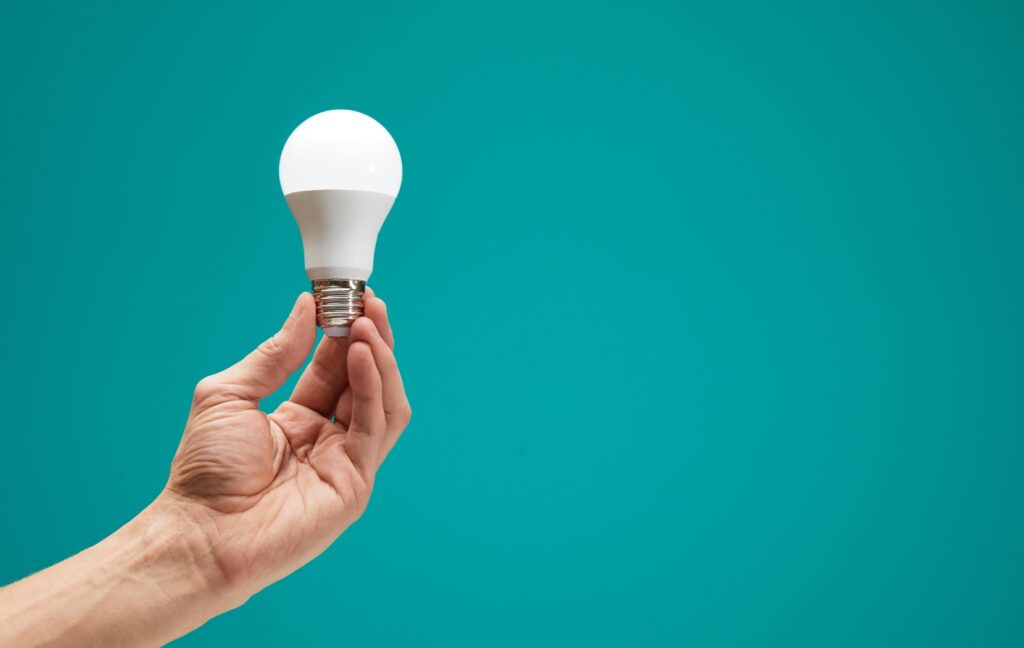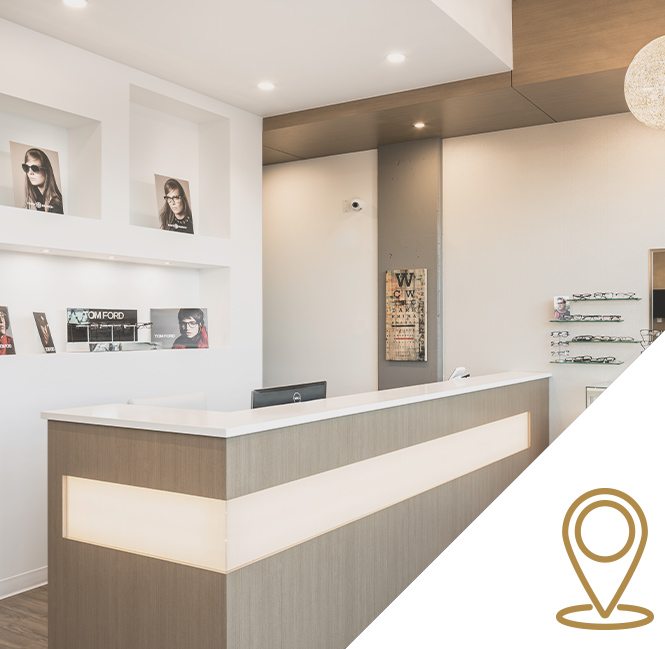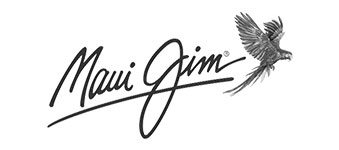LED lights are everywhere these days. Loved for their energy efficiency and long lifespan, LEDs have become the go-to solution for eco-friendly and cost-effective lighting. However, questions remain about the impact on eye health, especially prolonged exposure to blue light.
Some research suggests that LED lights can affect sleep quality, exacerbate digital eye strain, and potentially lead to retinal damage over time.
The impact of LED lights on eye health is still not fully understood, but you can take measures to reduce screen time and promote your eye wellness.
What Are LED Lights?
Traditional incandescent bulbs use filaments to produce light. But light-emitting diodes (LEDs) convert electricity into light using semiconductor technology. The difference allows LED lights to be 90% more energy-efficient and longer-lasting than traditional bulbs.
LED lights also produce less heat and can emit a wide range of colours, making them versatile.
But while LEDs are a leap forward in lighting technology, they also emit higher levels of blue light than traditional incandescent bulbs. The higher levels have raised concerns about prolonged exposure, especially with our increased use of LED-lit screens.
What Is Blue Light?
Blue light is a type of light with a short wavelength and high energy.
While it is naturally present in sunlight and helps regulate our sleep-wake cycles, artificial sources of blue light are more common than ever. Smartphones, tablets, laptops, televisions, and even LED light bulbs emit blue light.
Moderate exposure to blue light during the day isn’t necessarily harmful and can even boost alertness. However, overexposure or exposure during the evening hours can cause discomfort and disrupt our natural sleep patterns. Here’s why blue light can be concerning for your eyes:
- Disrupted sleep patterns
- Exposure to blue light at night suppresses melatonin production, making it harder to fall asleep
- Digital eye strain
- Long-term risk to retinal health
- Some studies suggest that prolonged, high-intensity exposure to blue light may contribute to retinal damage over time
How Can You Minimize Exposure to Blue Light?
While it’s nearly impossible to avoid blue light entirely, especially in today’s technology-driven world, there are practical steps you can take to limit exposure and protect your eyes.

1. Adjust Your Device Settings
Most modern smartphones, tablets, and computers have built-in “night mode” or “blue light filter” settings. Activating these settings reduces the amount of blue light emitted by the screen without compromising functionality.
2. Follow the 20-20-20 Rule
When you’re working on a screen for long stretches, take regular breaks to give your eyes a rest. Use the 20-20-20 rule: every 20 minutes, look at something 20 feet away for at least 20 seconds. It’s a simple lifestyle habit that can help reduce digital eye strain and improve comfort.
3. Choose Warmer Light Options
When purchasing LED bulbs for your home, opt for those with warmer colour temperatures (measured in Kelvins) rather than cool, bright white ones. Bulbs with a colour temperature of 2700K to 3000K are softer and less harsh on the eyes.
4. Use Blue Light-Blocking Glasses
Blue light-blocking glasses have lenses specifically designed to filter out some of the blue light emitted by screens and LED lights. Wearing these glasses while working on a computer or watching TV can help improve sleep quality.
5. Create Tech-Free Zones Before Bed
You can enhance your sleep hygiene by avoiding screens for at least an hour before bedtime. Instead, try activities like reading a physical book, meditating, or listening to calming music to help your body wind down naturally.
Can Special Glasses Help?
Blue light-blocking glasses are popular among individuals who spend long hours in front of screens.
These glasses are designed to filter out blue wavelengths of light, reduce glare, and improve visual comfort. The lenses can also enhance contrast, making it easier to focus on a screen for extended periods of time.
Premium blue light-blocking lenses such as Nikon Pure Blue UV can provide all-day filtering of UV light and blue light. Premium lens solutions offer enhanced, long-lasting clarity and are effective both indoors and outdoors.
Anti-glare glasses with blue light filtering capabilities can also help make night vision more comfortable when you frequently drive at night.
Many night driving glasses, such as Hoya EnRoute lenses, also include contrast-enhancing properties and can reduce glare from other vehicles’ headlights.
Talk to your optometrist about your lens options if you’re considering blue light-blocking or anti-glare glasses. A professional assessment can help you choose a high-quality product tailored to your lifestyle.
Protect Your Vision & Eye Health Today
LED lights and screen time are unavoidable parts of modern living, but that doesn’t mean you have to sacrifice your eye health.
By limiting blue light exposure, such as adjusting settings, wearing blue light-blocking glasses, and taking regular breaks for your eyes, you can reduce strain and improve your overall comfort.
At Willoughby Doctors of Optometry, we’re committed to helping you maintain healthy eyes and vision, even in a digital world. Whether you need a personalized recommendation for blue light glasses or a comprehensive eye exam, we’re here to support you.
Schedule your exam today.











